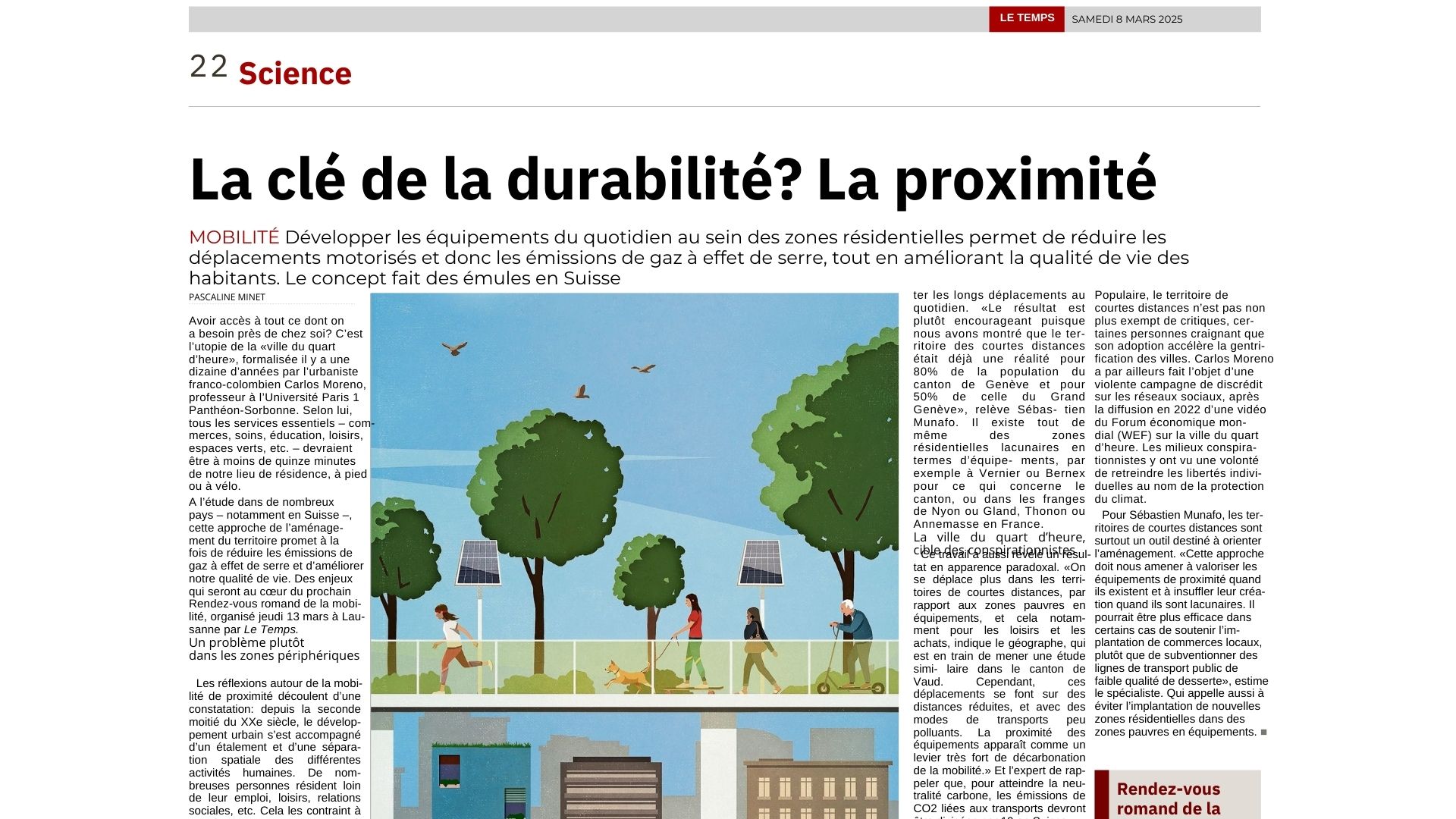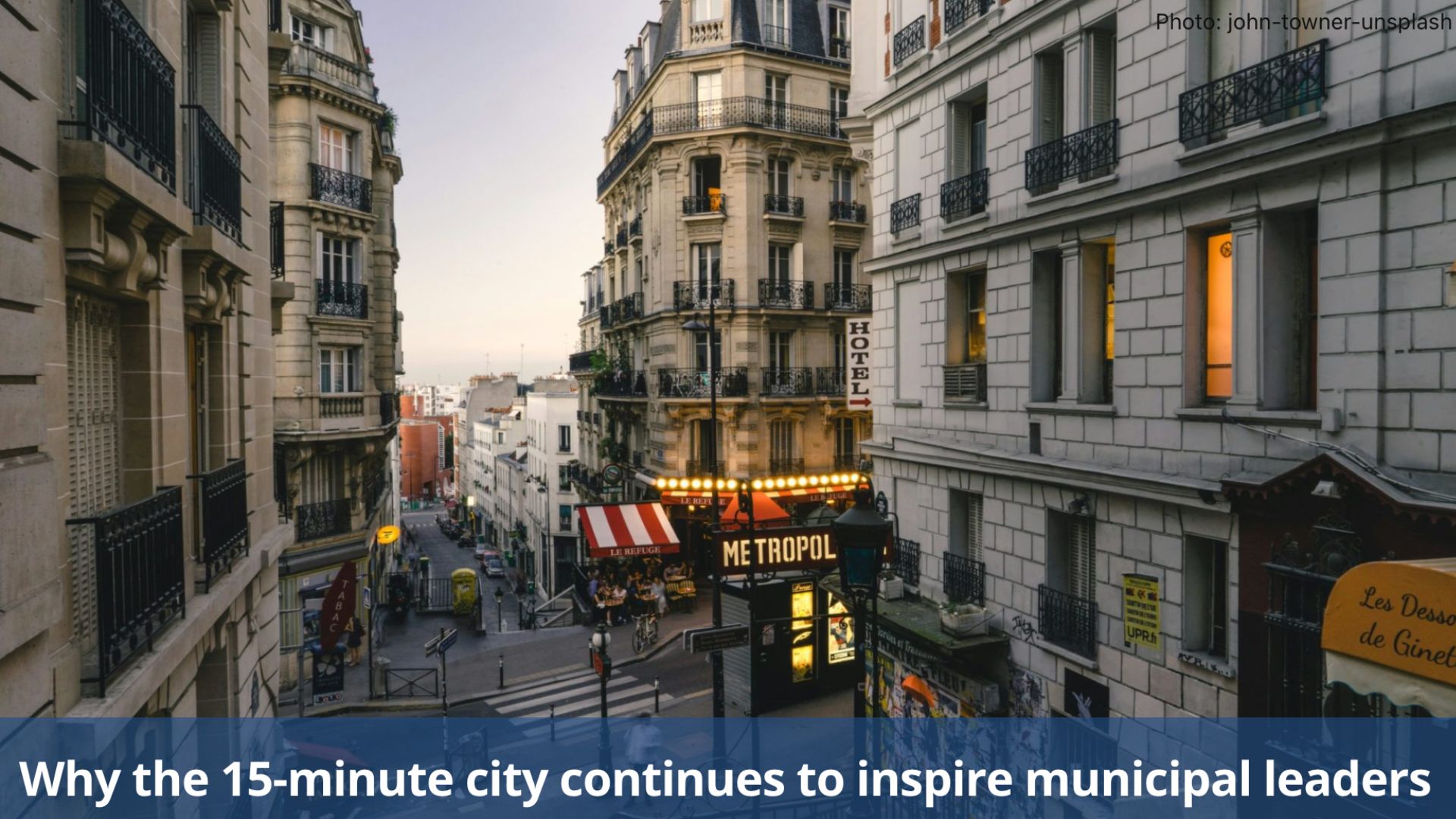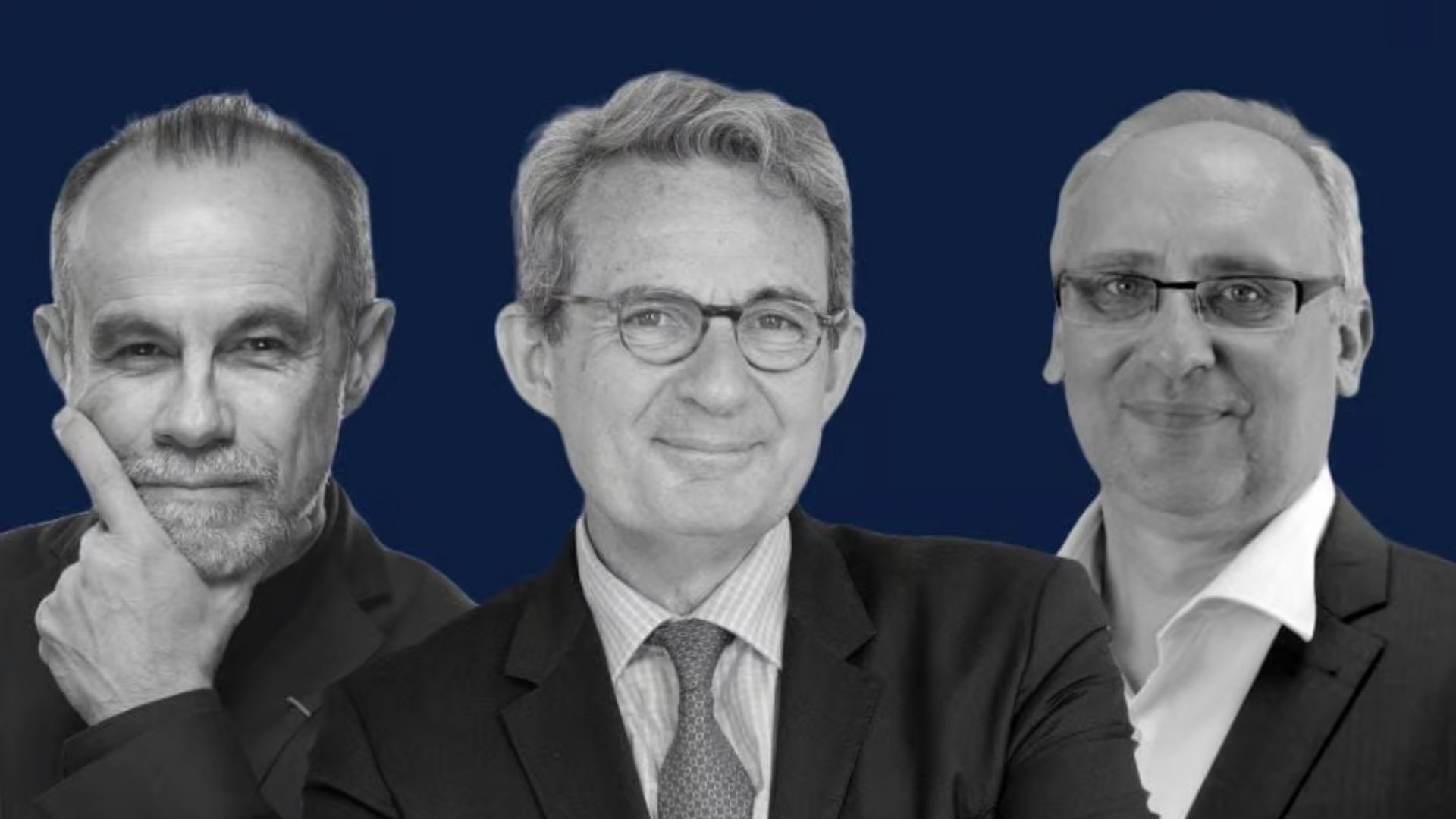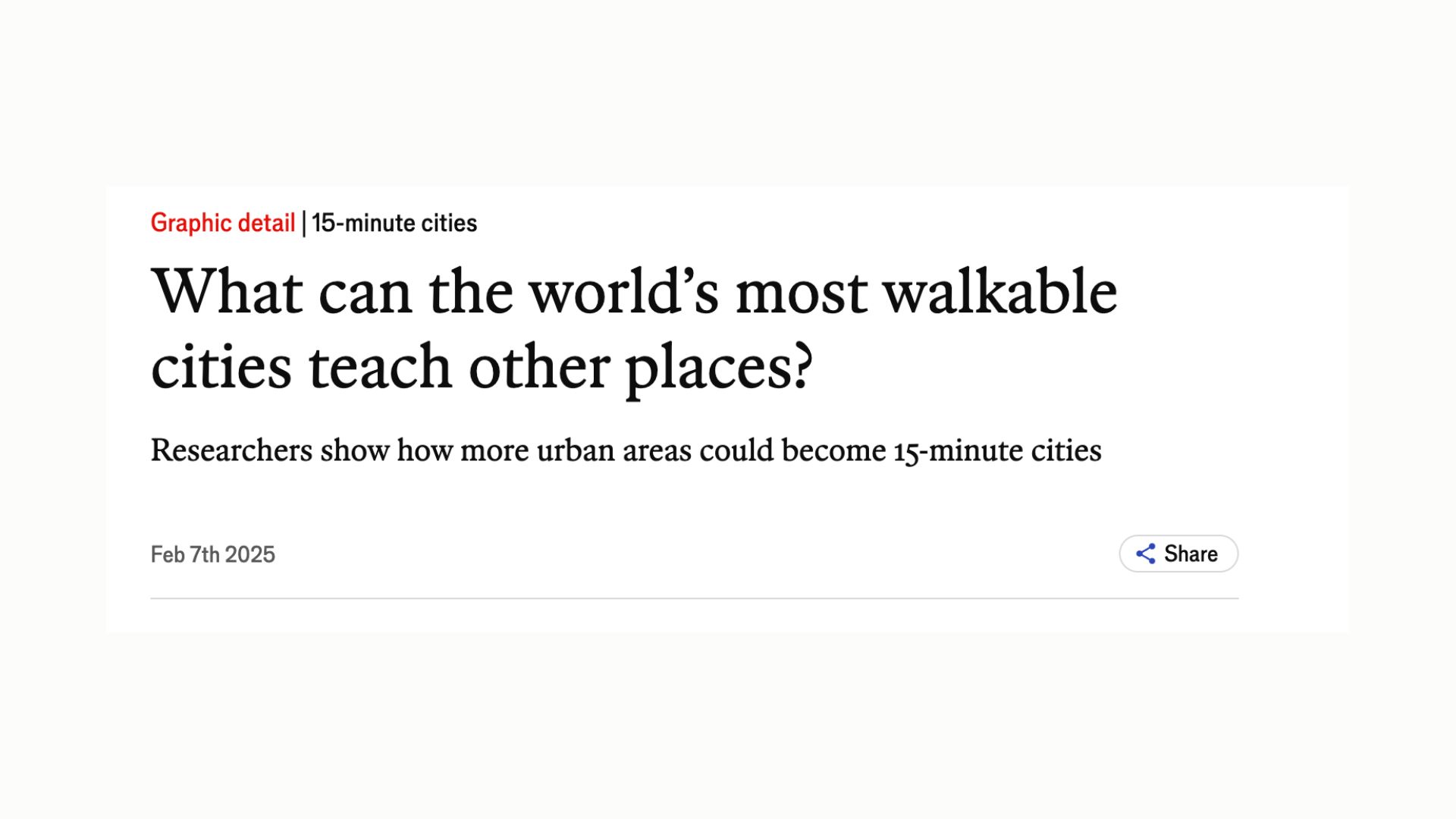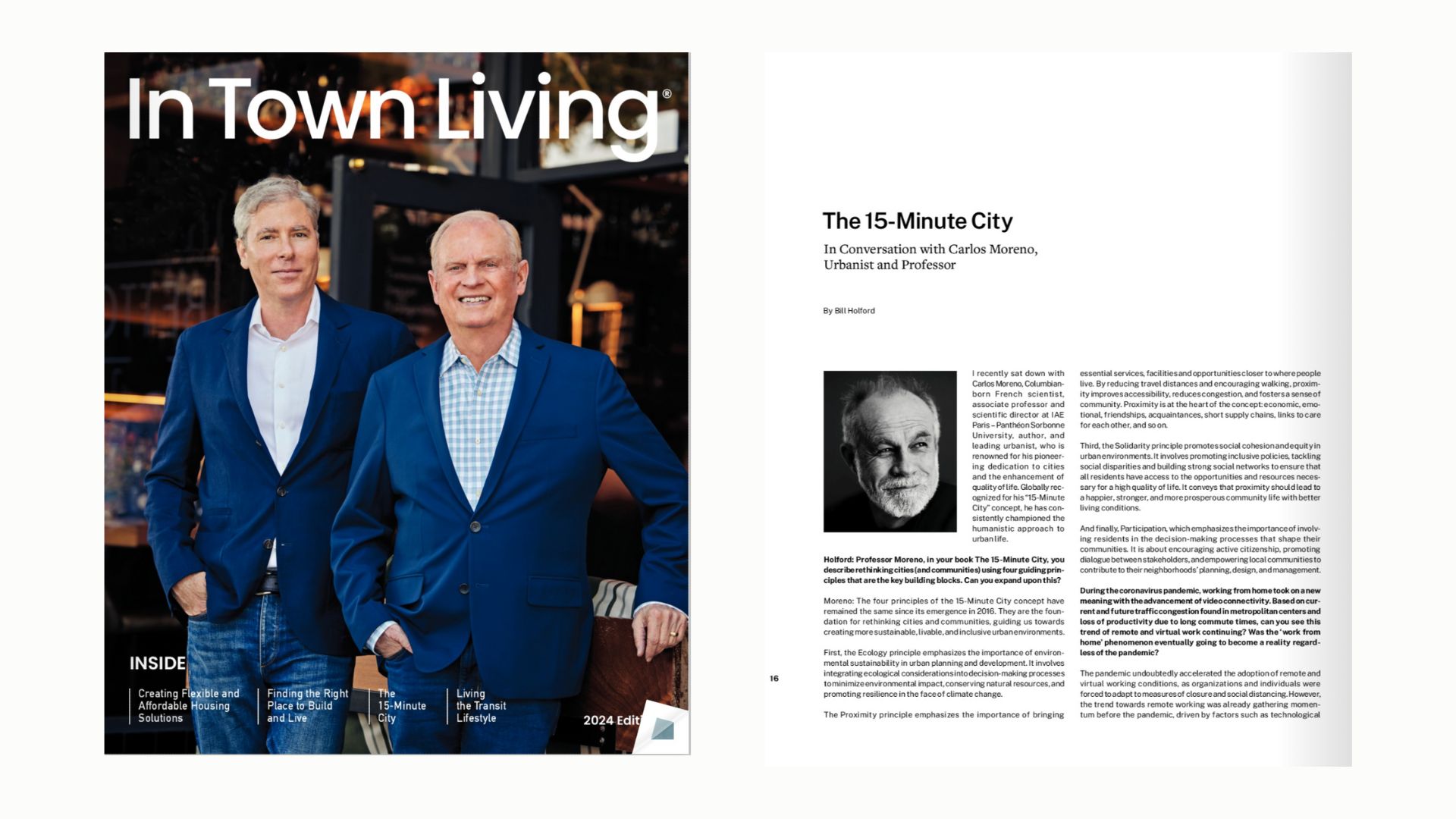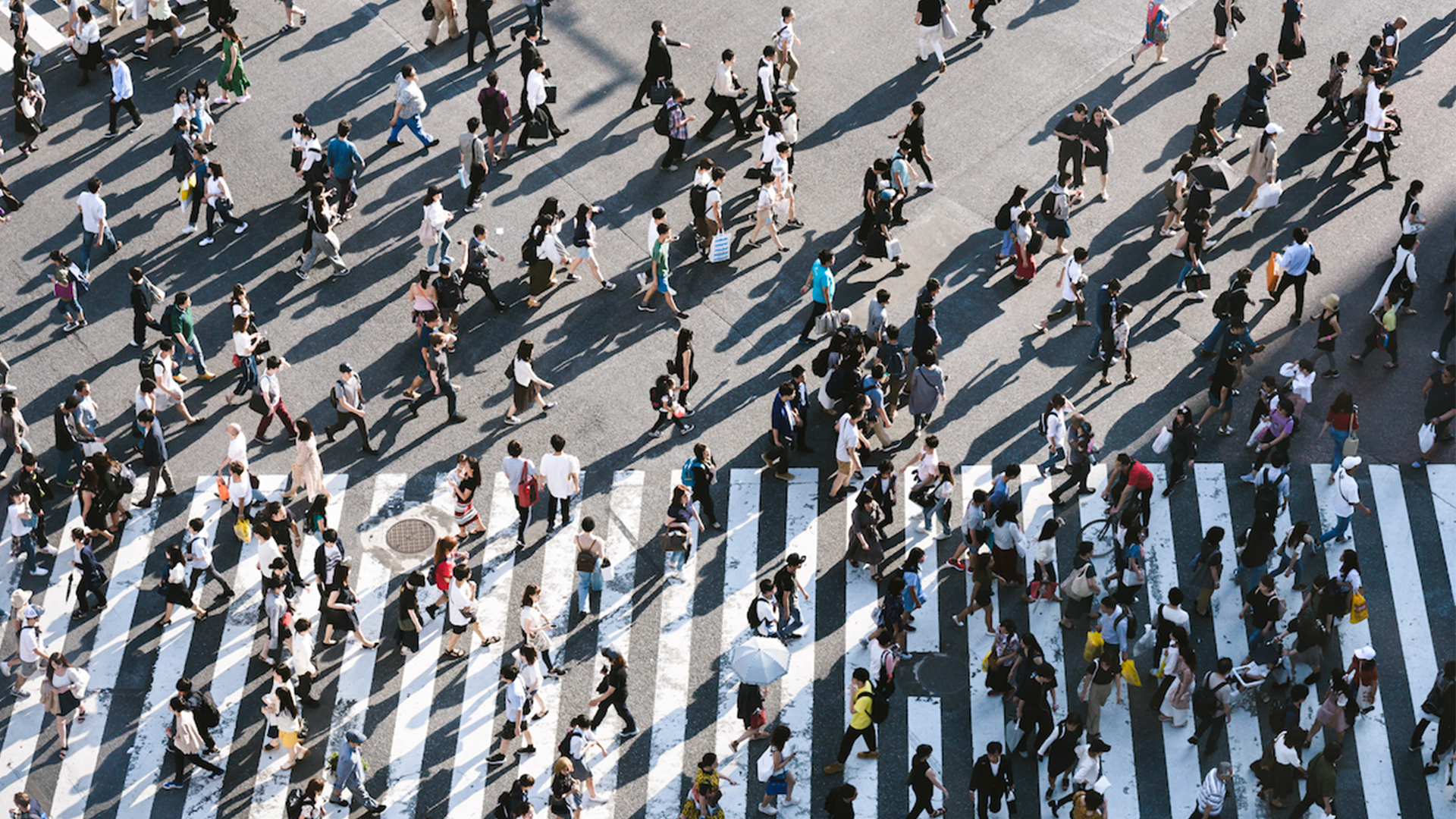
«How will Covid-19 change the way cities work?»
A conversation with global experts
By Carlos Moreno, Catherine DIgnazio, Elkin Velásquez, Laura Faye Tenenbaum & Emilia Saiz | 2020
« We need to rethink our cities’ urban planning to favor the creation of economic, ecological and social value in the proximity. »
COVID-19 & THE FUTURE OF CITIES
Since Covid-19 became a global health crisis, cities and citizens from all over the world have witnessed and experienced the urban dimension of the pandemic. Without a doubt, both the impact of the spread of the virus on urban life and the response to the crisis by cities and governments represent a before and after in terms of how urban areas function, are managed and will be planned.
At the same time, the socio-economic challenges brought to the fore by the pandemic forces us to rethink how we can better harness technology, innovation and cooperation to move forward towards increasing social and urban resilience.
In this shifting moment, we at CitiesToBe are focused on shedding light on cities’ future, in order to help all the relevant stakeholders involved in the city management and urban life connect the dots regarding the post-pandemic urban world.
This is why we have surveyed a group of leading global urban experts from different fields – urban science and planning, multilateral cooperation, climate change and sustainability – on the future functioning of cities after Covid-19.
And here is the first part of our conversation with them.
Carlos Moreno
CARLOS MORENO | @CarlosMorenoFr
Professor at the Sorbonne University
and Mayor of Paris’ Special Representative for Smart Cities
«We need to rethink our cities’ urban planning to favor the creation of economic, ecological and social value in the proximity.»
«The Covid-19 crisis has shown the strength of cities, because it is a systemic urban crisis of a sanitary nature. The fact of having to silence the city to avoid the spread of the virus shows the need to rethink our cities’ urban planning to, above all, favor the creation of economic, ecological and social value in the proximity.
We must rethink the long journeys that take place within the city to go from point A to point B and the concentrations associated to them. We need to rethink our cities’ mono-specialized focal points and give greater impetus to the polycentric city, to the multipolar and multifunctional city, making accessibility to essential local services a priority, within a maximum distance of 10 to 15 minutes on foot or by bicycle, to create this new multicenter city; what we have called in Paris ‘The 15-Minute City‘.»
